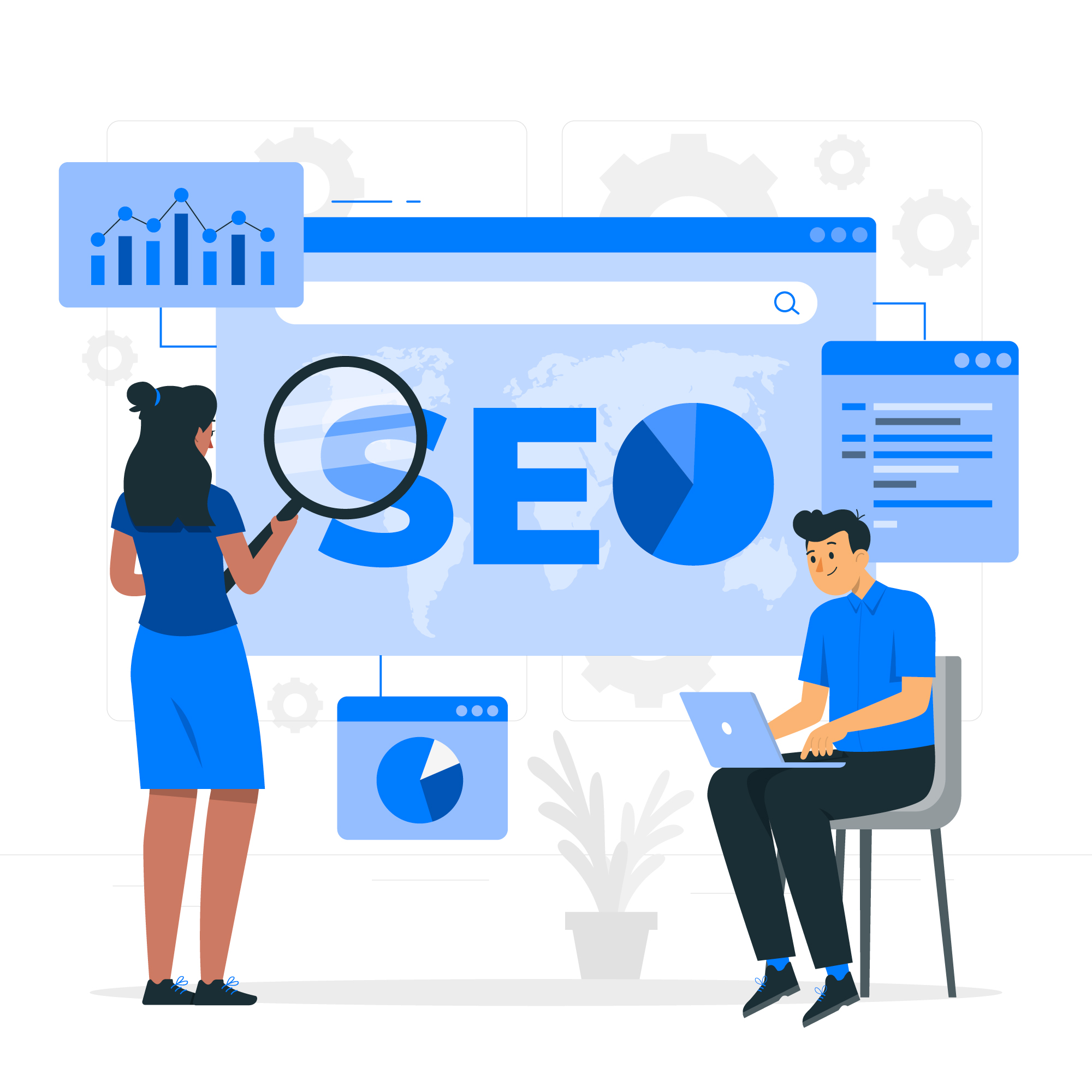Introduction
Google processes over 3.5 billion searches per day. So what are the odds of your website appearing on the top in these search queries?
This is where SEO comes into action. SEO stands for “search engine optimization”.
It is a set of practices designed to improve the appearance, positioning, and usefulness of multiple types of content in the organic search results. Businesses drive traffic and generate leads, by this optimization.
The better the visibility of your pages, the more likely you will be found and clicked on. However, this onerous task of SEO, once dominated by keyword stuffing and link-building, has matured into a data-driven, dynamic beast.
For many years, it evolved alongside the internet and search engines, constantly adapting to new technologies and techniques. But now, AI is changing the game.
AI can process data faster and help SEO marketers support their techniques. As a result, AI SEO is becoming more challenging and exciting than ever before.
Role of AI in SEO
AI can make search engines more accurate and efficient in their results. It also improves SEO tactics such as generating high-performing keywords, crafting quality content that strikes a chord with the audience, and scrutinizing backlinks to gauge their relevance.
Some key benefits are:
- AI-powered tools can find your website’s most valuable keywords by analyzing massive amounts of data, helping you target the proper audience and boost your rating.
- It can analyze the content and recommend improvements, for example, keyword usage, meta descriptions and content structure.
- By analyzing user behavior it can optimize your website, for example, suggesting changes to website design, layout, and navigation.
- AI can save time by carrying out repetitive tasks like monitoring keyword rankings and analyzing website data.
- Using AI can help you stay ahead of the curve by quickly adjusting to changes in search engine algorithms and thus boosting website rankings.
AI and Keyword Research
AI-powered tools have a huge advantage over traditional methods of sifting through huge amounts of data and recommending strong keywords. While manual searches involve exploring Google Adwords, appraising the competition, carrying out customer surveys and social media platforms, AI leverages machine learning algorithms to investigate search data, user behavior, and social media trends.
Once the newly discovered keywords have been identified, it can help enhance marketing contents by placing them effectively. In this way, new keywords are discovered and content can be optimized efficiently.
AI and Content Creation
In the content domain, AI tries to produce material that is both appreciated by readers and optimized for search engines. The scope of AI in personalization is also impressive. By analyzing user preferences, geographical location, and other pertinent factors, it can personalize content to meet users’ unique needs and interests on the website.
There are several examples of AI-powered content creation:
- The Associated Press(AP) generates thousands of articles on sports, finance, and earnings reports, every month using an AI content creation tool called Wordsmith
- HubSpot’s Content Strategy tool uses AI to analyze a website’s content to provide recommendations for search engine optimization.
- Grammarly, another AI-powered assistant auto-corrects the grammar, spelling, and style of the content, making it suitable for advanced audiences.
AI and User Experience
Personalization: To improve customer experience, AI analyzes user behavior and preferences, and suggests products or content based on them. In this way, it customizes the content for the customer.
Predictive Search: Here, AI monitors items searched for and browsing activity, and then offers suggestions. Google’s autocomplete search is an example of this.
AI and Technical SEO
Site Architecture: AI can support optimizing site architecture by providing suggestions based on user behavior and search engine algorithms. It can ensure that more frequently visited pages are highlighted and easier to access as compared to others.
Crawlability: Crawlability or ease of navigation can be affected by broken links, duplicated content, or incorrect usage of canonical tags. Using AI to detect such problems can save significant time for manual SEO experts.
Final Thoughts
The future of SEO is tied strongly to rapid advancements in artificial intelligence. By staying up to date with the trends and optimizing their content, businesses can thrive in this era of intelligent search.
An important caveat here – considering that AI will help automate many tasks, and provide data-driven insights it will not be completely replacing them. Also SEO requires creative aspects which may need human hand-holding.
Finally, an integration of AI with SEO will certainly provide commercial establishments with more opportunities to connect with their customers and attract traffic. So, explore new AI tools, and get ready to witness the emergence of a new marketing era !
